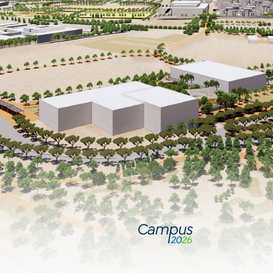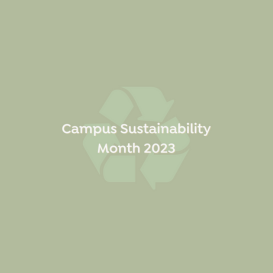
Campus Conversation: Extended Education Hub
Take part in the third installment of the Campus 2026 series to learn about the Extended Education Hub, which will consolidate and expand the University's offerings to support workforce development, taking a holistic approach to lifelong learning. This three-part series of conversations offers members of the community an opportunity to engage with Campus 2026, AUC's ambitious new campus develop...








